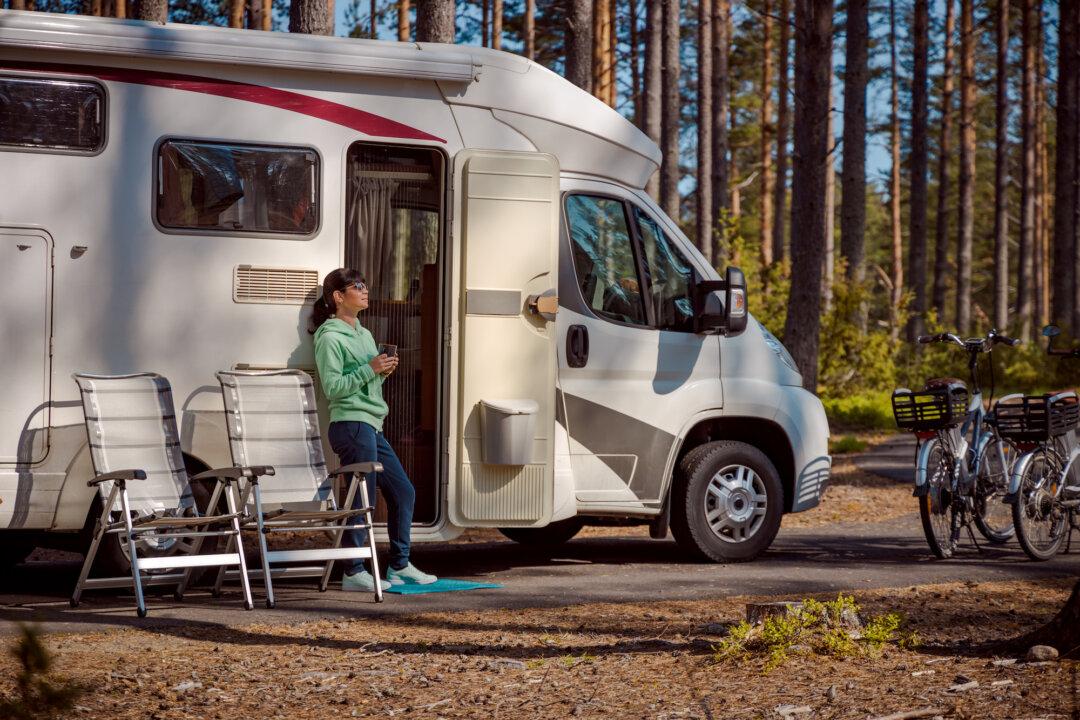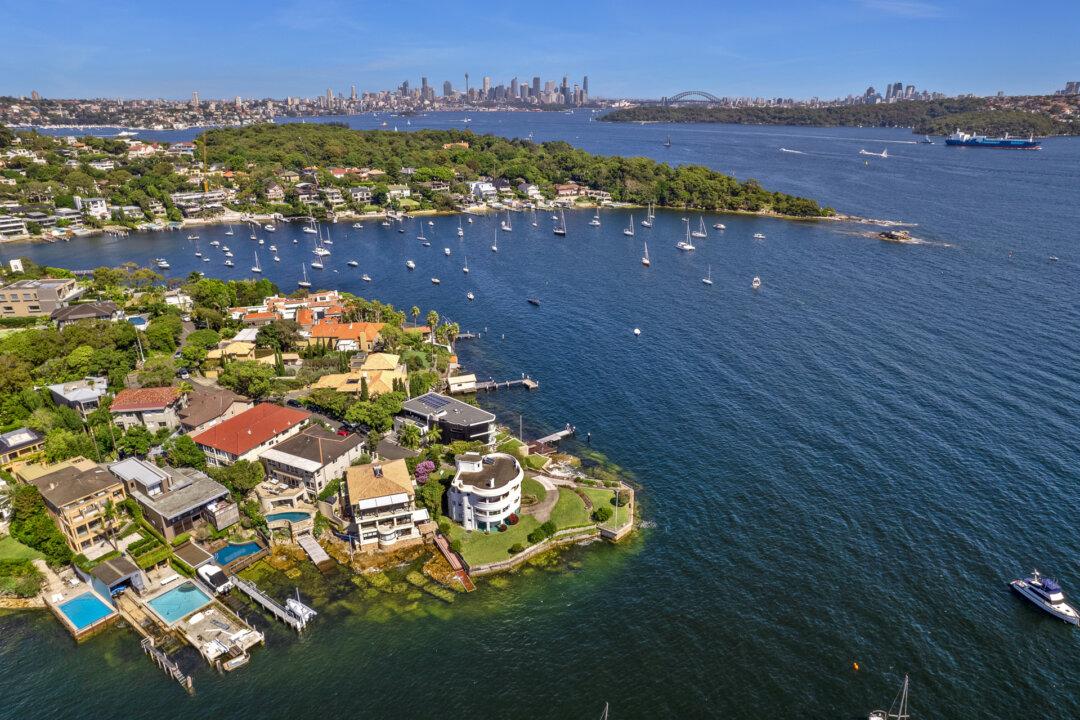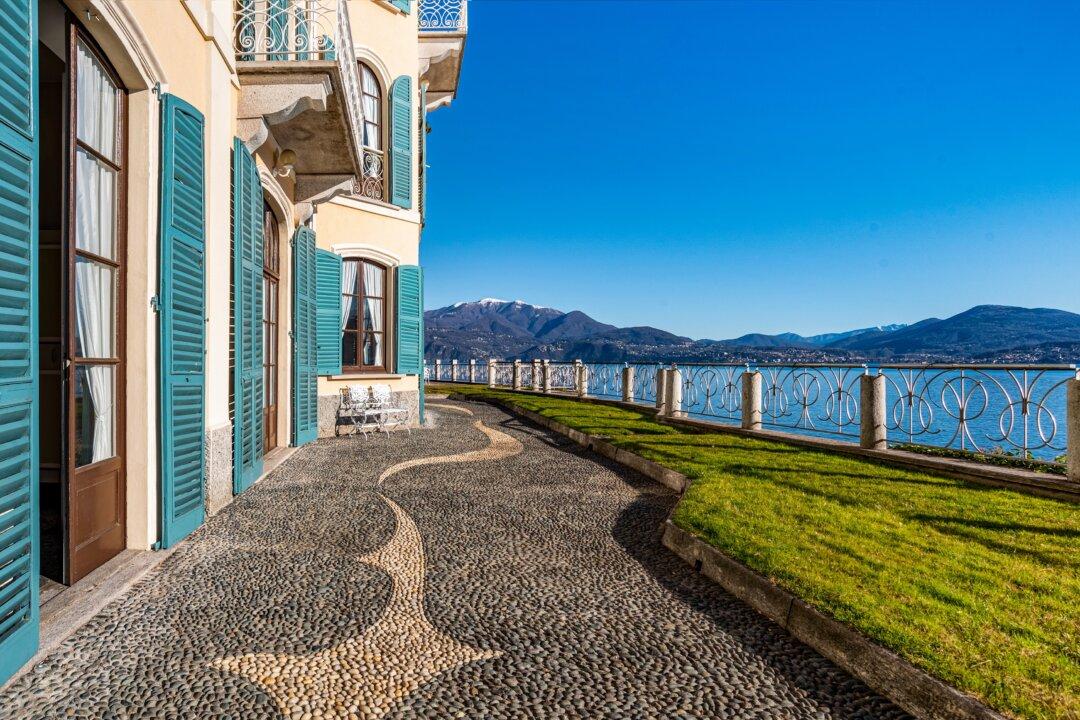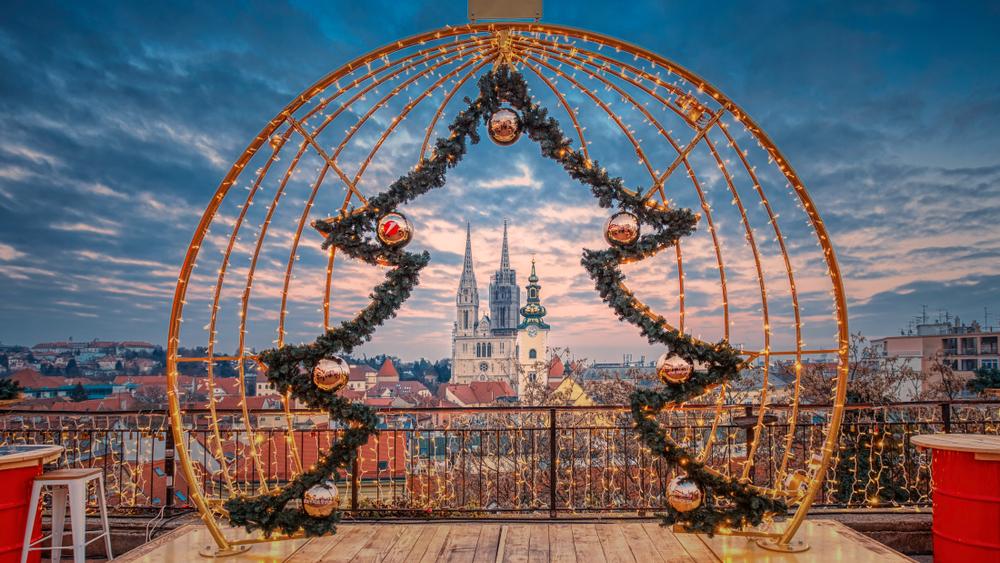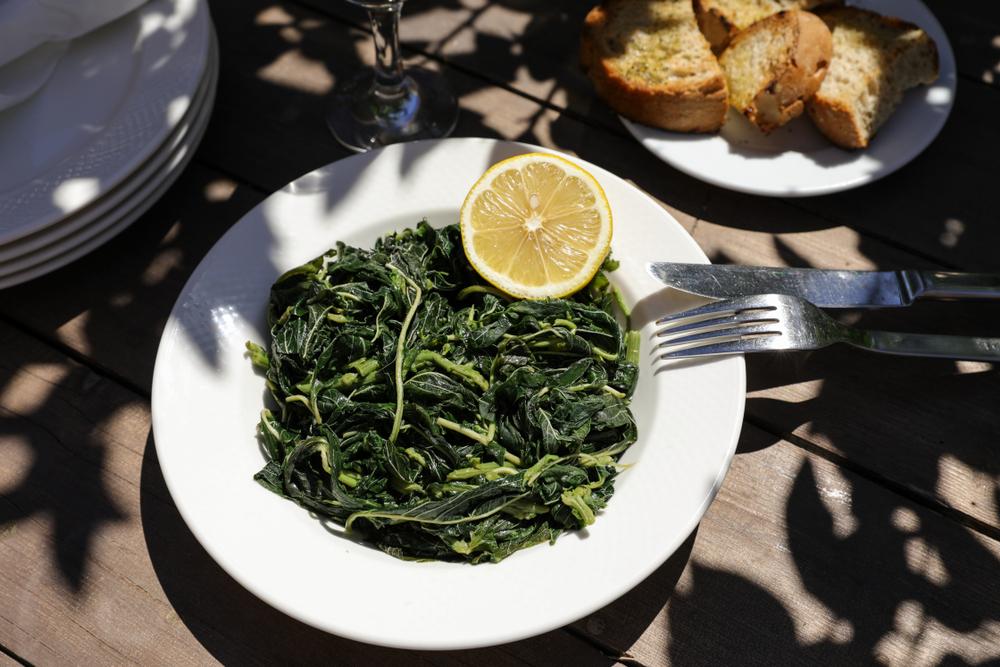RVing is one of the most intriguing lifestyle choices you can consider. It appeals to travel buffs because it is the equivalent of a home on wheels that can take them to any destination they want to explore. It has financial advantages, too: When done right, living in an RV is often cheaper than renting an apartment or paying a house mortgage.
Full-time RVers can avoid the cold of the winter to camp in sunny areas to avoid the inherent costs of winterizing the RV. Maintenance costs occur throughout the year; then, there are fuel costs, campground fees, insurance premiums, and the list expands depending on personal needs and travel plans.

